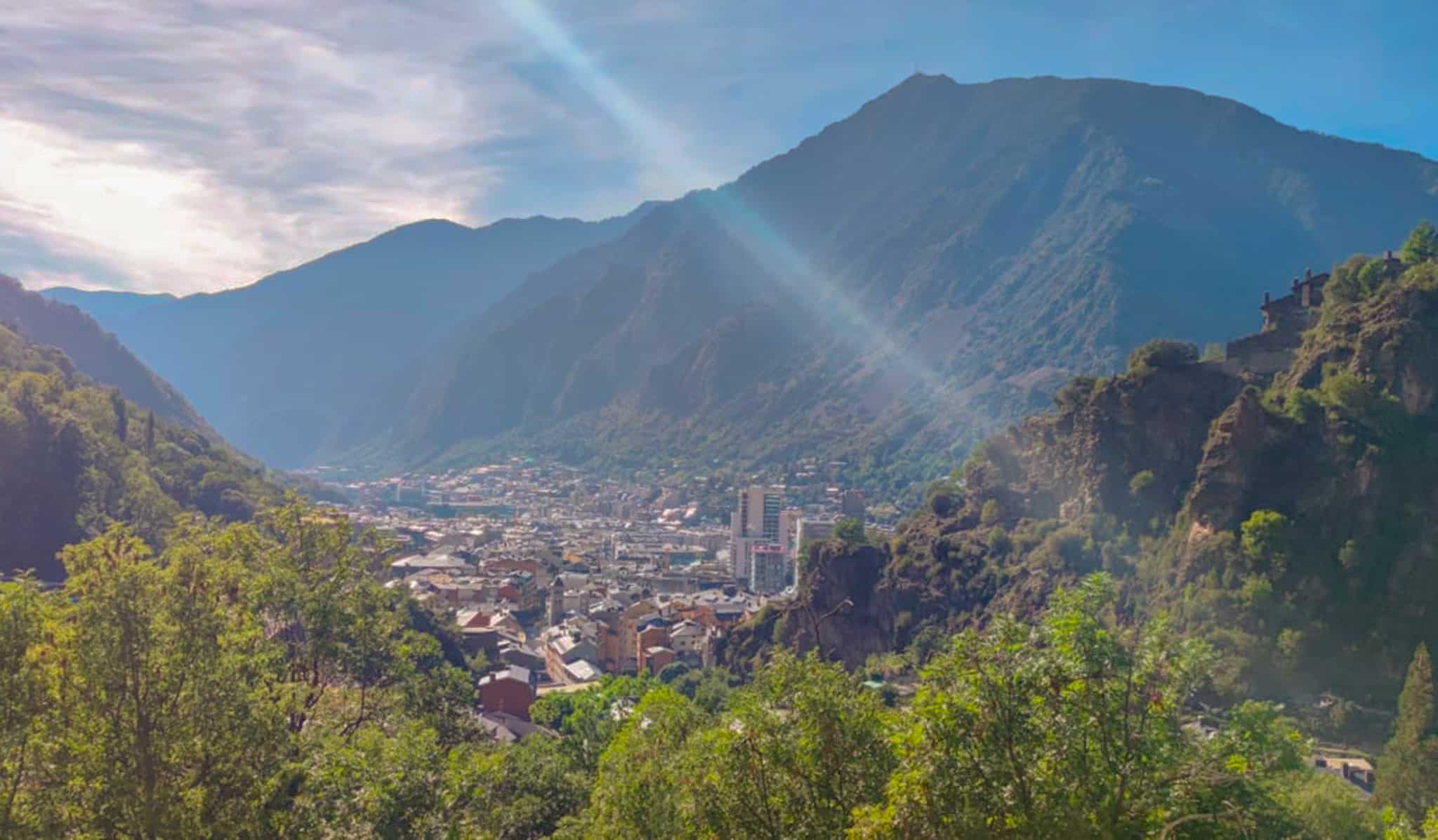If you have a property in Spain as a second home in which to spend your holidays or for letting, this article will be of interest to you. You may not know that, even if you do not have a residence or live permanently in Spain, you have to declare and pay taxes on the property that you own on Spanish territory. You will have to submit the Non-Resident Income Tax (NRIT) return in Spain.
In this article we give you all the keys to NRIT so that you are up to date with the tax return. And best of all, at Advantia Assessors we can make all the arrangements so that you can make the payment comfortably from Andorra.
Table of Contents:
What is Non-Resident Income Tax?
NRIT is a tax that you have to declare when you have an asset in Spain, do not live there permanently and do not have fiscal residence there. Even if this is the case, you also have to declare your property or asset to the Spanish tax office and pay a tax on it.
It is annual, must be declared between 1 May and 30 June, concerns the previous year’s income and is payable before 31 December. In Spain the accounting year coincides with the calendar year from January to December.
Unlike the personal income tax, in which the tax burden is progressive according to income, the NRIT rate is set at 24%. In addition, no allowances or deductions can be applied.
This tax also exists in Andorra and works in a very similar way for people pursuing an activity in the country, although they will pay a maximum of 10%.
Here, we tell you how the Non-Resident Income Tax works when you have a property in Spain. Two situations may arise:
-
I have a house / property / parking space in Spain and let it to a third party
In this case you are receiving an income from your assets, and you will have to pay 24% of what you receive, once a year.
-
I have a second home in which to spend my holidays in Spain
Even if you only enjoy your property with your family and friends and do not receive any financial benefit from it, you will also have to pay this tax. The 24% NRIT is calculated on 1.1% or 2% of the cadastral value of the property. This value is fixed by the local council and is usually lower than the market price.
For example: if you have bought a house for €200,000 and the local council has marked a cadastral value of €100,000 you will pay 24 % on 1.1 % of €100,000. You will end up paying 24% of €1,100, i.e. €264.
Other taxes resulting from owning property
In addition to the NRIT, you will also have to foresee other local taxes such as the IBI (Property Tax), a direct tax payable to the local council for the area in which the property is situated. The amount is also based on the cadastral value and is set by each administration.
Who pays Non-Resident Income Tax in Spain?
You are subject to Non-Resident Income Tax in Spain when you have an asset in the territory but do not live permanently nor have passive residence in that country, and these three conditions are met:
- You spend less than six months (183 days) a year in Spain
- Most of your economic activities are based outside Spain
- Your spouse and children live outside Spain for most of the time.
What documentation do you need to submit?
In most cases when you do paperwork in Spain you need the Foreign Citizen’s Identification Number (NIE), the number used by the Spanish authorities to identify you.
In addition to this document the following are also required:
- The unique tax identification number (which is the same as the Spanish ID Card number or NIE number) used to declare your taxes in the Spanish tax office
- A bank account number
- The documents relating to all your assets in Spain
The Double Taxation Agreement with Spain benefits you
Thanks to the fact that Andorra and Spain have signed a Double Taxation Agreement (DTA), you will only have to pay tax on this income in Spain and not in Andorra.
In this article we tell you what the DTA are and with which countries Andorra has agreements of this type.
It should be noted that Andorra and Spain have entered into a DTA to avoid payment of the same tax twice. The following taxes fall under this agreement:
-In Spain:
Personal income tax
Corporate income tax
Non-resident income tax
Local income taxes
-In Andorra:
Corporate Income Tax
Personal income tax
Tax on Income from Economic Activities
Non-Resident Income Tax
Tax on Capital Gains on Property Transfer
Local income taxes
In short, if you own a flat, house or property in Spain, even if you do not live permanently or have fiscal residence there and it is only for holidays, you have to file the tax return for non-residents in Spain. Being aware of this information will save you money and unpleasant surprises, as the fines for not declaring your assets will result in your paying the tax the following year plus 100% or 150% of the value of the tax.
And remember, Advantia Assessors can help you to make the arrangements to pay your Non-Resident Income Tax in Spain.



